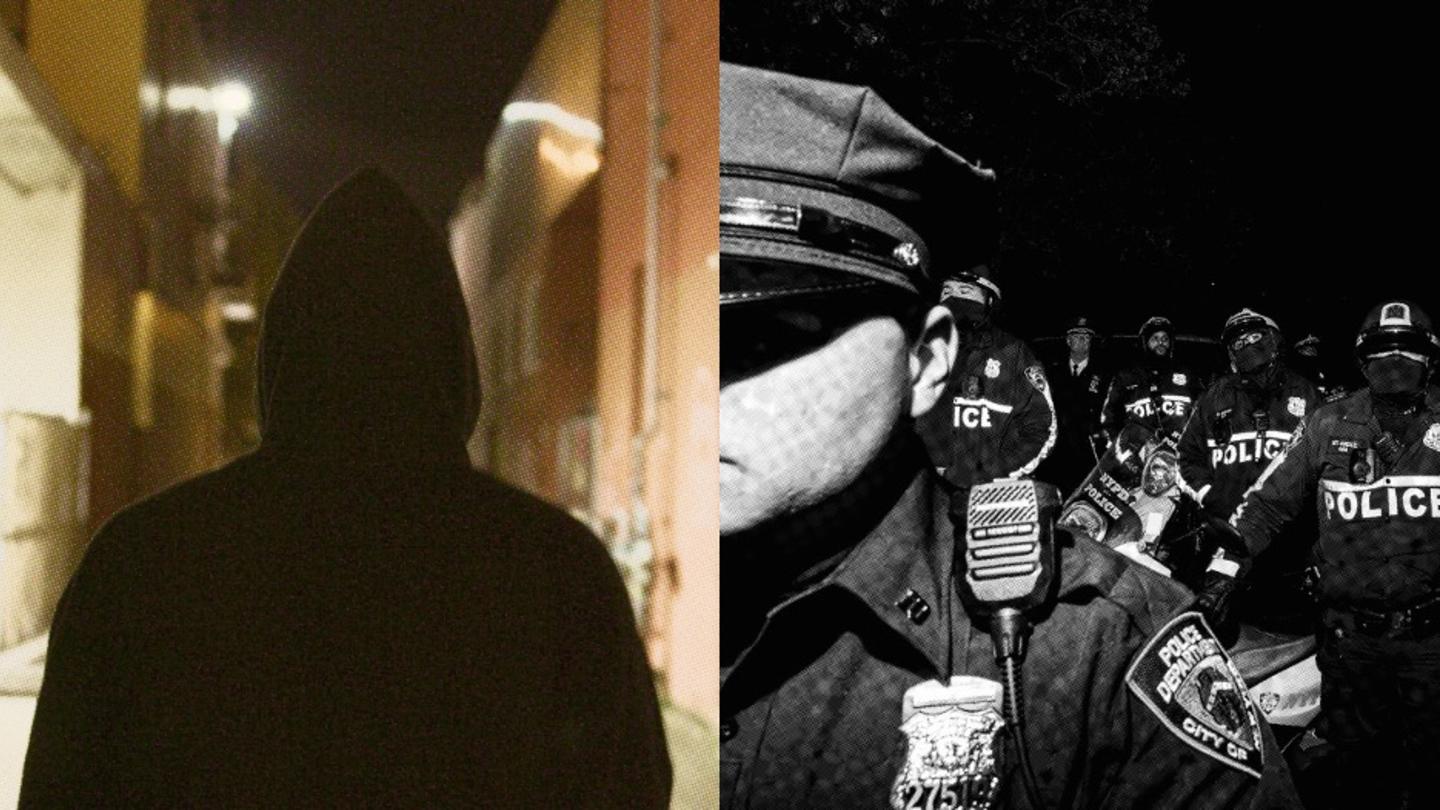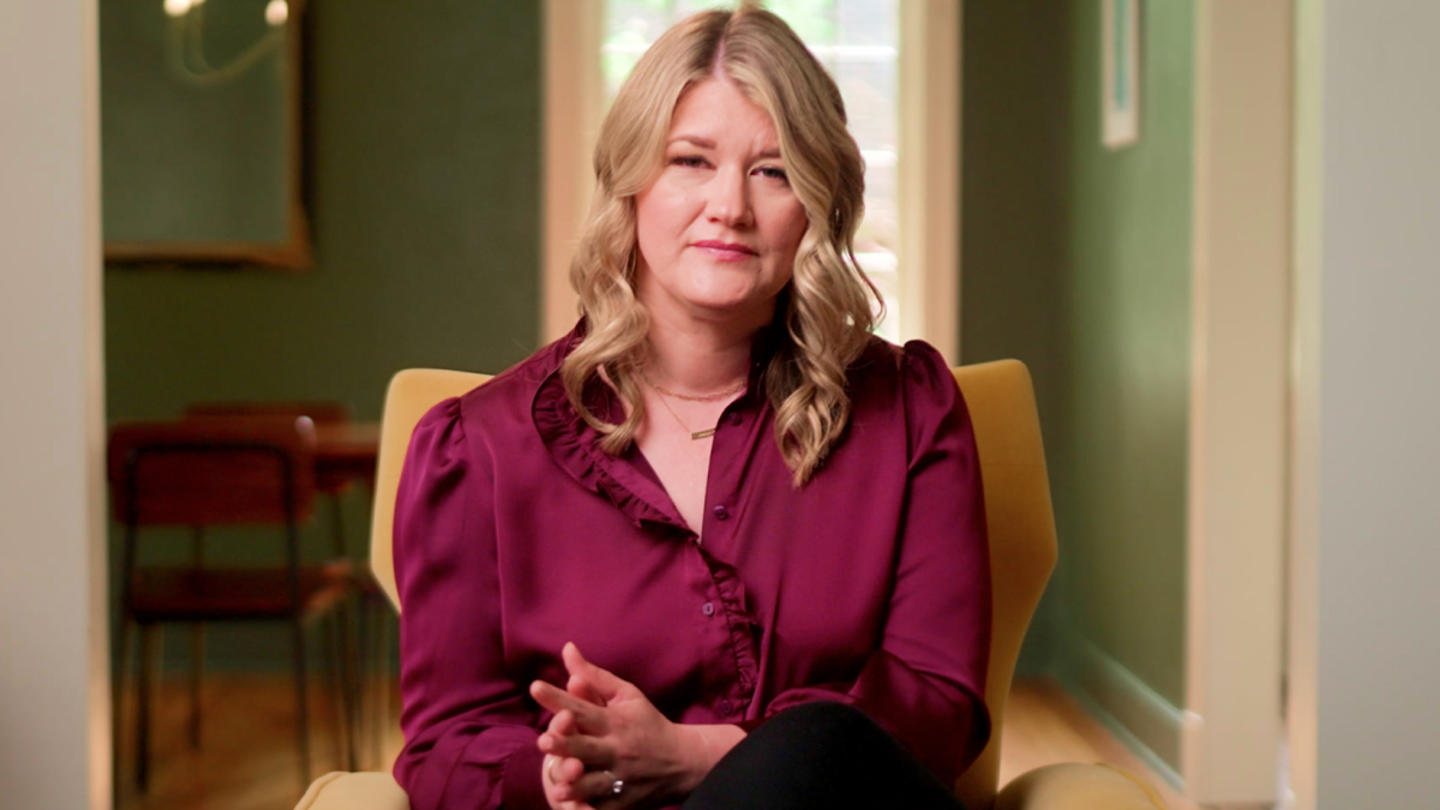At 15, many years before he would found Honest Jobs, Harley Blakeman was dealing with the sorts of challenges no teen should face alone.
His mother struggled with addiction, and his father was dead. He dropped out of high school and had no home. He fell in with "terrible role models" and began selling drugs by 17. When he was 18, he was arrested and spent just over a year in prison, paying for his mistakes.
Blakeman used his time in prison to get sober and earn a high school diploma. Upon release, he excelled in community college, eventually transferring and getting a degree from Ohio State University, where he graduated with honors at the top of his class.
But upon entering the job market, he found that his past was still holding him back. Blakeman interviewed at close to 100 companies and received employment offers, but each one was rescinded after his background check.
"I had worked so hard to get through college and now I was begging for a job that paid $14 an hour," Blakeman says. Rather than become discouraged, Blakeman created Honest Jobs to help himself and others like him who have served time in prison for past mistakes and are working hard to get their lives back on track.
Honest Jobs is a platform that matches candidates with a criminal record to open positions with second-chance employers. Doing so ensures that individuals are being considered fully for their skills and qualifications — and helps them move past the stigma of their convictions so they can avoid recidivating and realize their full potential.
Second chance hiring platform offers a doorway in for people with a criminal record
Companies committed to hiring formerly incarcerated people have an excess of open positions. And people who have been in prison have the skills and desire for those jobs. However, few avenues exist to connect hiring professionals with these candidates.
Nearly two-thirds of men in their 30s who are unemployed have criminal records, a barrier that keeps them from positions they are qualified for, even if their crimes were committed years in the past and they have already served their time. The unemployment rate for formerly incarcerated individuals is 27% – roughly eight times higher than the national average. And those who do manage to get hired often make less, with a median wage of just above $10,000 in their first year after prison. At the same time, many employers struggle to find qualified job candidates, with roughly 1.5 jobs open for every one available worker in the United States.
Honest Jobs provides a pipeline connecting the two. It offers an online job board and recruiting services matching candidates with second-chance employment opportunities. The organization has partnered with over 1,000 companies, each of which is a second-chance employer. That means that a candidate can be sure that every position they spend time applying to, they'll be eligible for. Honest Jobs' network includes companies like Wayfair, Coca-Cola, and Chipotle, representing a broad diversity of career paths for candidates to pursue.
"I think we all deserve a chance – a second chance in life," says Elizabeth, who was hired for a position she was connected to through Honest Jobs. "[It] relieved a lot of stress and anxiety knowing that I didn't have to keep explaining myself."
Honest Jobs allows individuals to be recognized for their talents, not their mistakes
The platform ensures candidates are matched with roles where the nature of their past convictions does not conflict with the nature of the job duties, helping them find jobs in which they have the highest likelihood of success – and empowering them with the knowledge that their talents will be recognized, valued, and utilized.
This allows candidates to achieve their fullest potential rather than be held back by stigma for past missteps for the rest of their lives.
"Honestly, I can't be happier, and I'm more happy to even go to work," says Alejandro. Through Honest Jobs' services, he says he received "a chance … for me to reach my goals in life."
Second chance employment benefits companies and communities
It's not just job seekers with criminal records who benefit from second-chance employment – employers do, too. Numerous studies have shown that second-chance hires tend to stay longer at their jobs than employees with no criminal record while being just as – if not more – productive. As an employer, this means better retention and higher productivity from staff, both of which are critical challenges facing many companies right now.
What's more, society at large stands to benefit as well. The recidivism rate – the rate at which people released from prison are arrested again – is 52% for formerly incarcerated individuals who aren't employed. That rate drops to just 16% for those who are employed. With more than 600,000 men and women released from prison every year, providing job opportunities to deserving individuals makes every community stronger.
"There are good people coming home from jail and prison every day that want to work," says Blakeman. "They want to provide for their families. They want to contribute to their community."
Honest Jobs is supported by Stand Together Ventures Lab, which invests in and supports founders and their early-stage start-ups that are challenging the status quo.
Learn more about Stand Together's criminal justice efforts.




